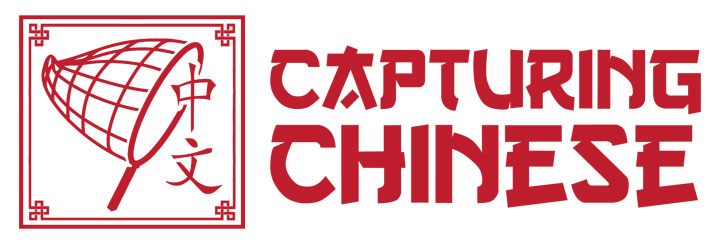Ah Q The Real Story - Next Book is in the works
Good morning everyone! For the past few months I have been putting together the materials for the next book in the Capturing Chinese series. Again the author is Lu Xun, but this book will contain only one story. Ah Q The Real Story is Lu Xun's longest and the story is quickly becoming one of my favorites. During the process of writing, I read the story over and over so having a good story is very important. Lu Xun's Ah Q is witty and sometimes downright hysterical. His satire is right in your face. I am currently on track to publishing the book in early 2011 as planned and am very excited to share this next book with the Capturing Chinese audience. Currently our Chinese audio files are available if you are interested in starting to read the story early. You can find the audio files here. Please be patient as these books require tons of work. We are also compiling ideas for future publications. Do you have an author or story that you really love and would like to see made available in the Capturing Chinese series? Leave us a comment below! Kevin
